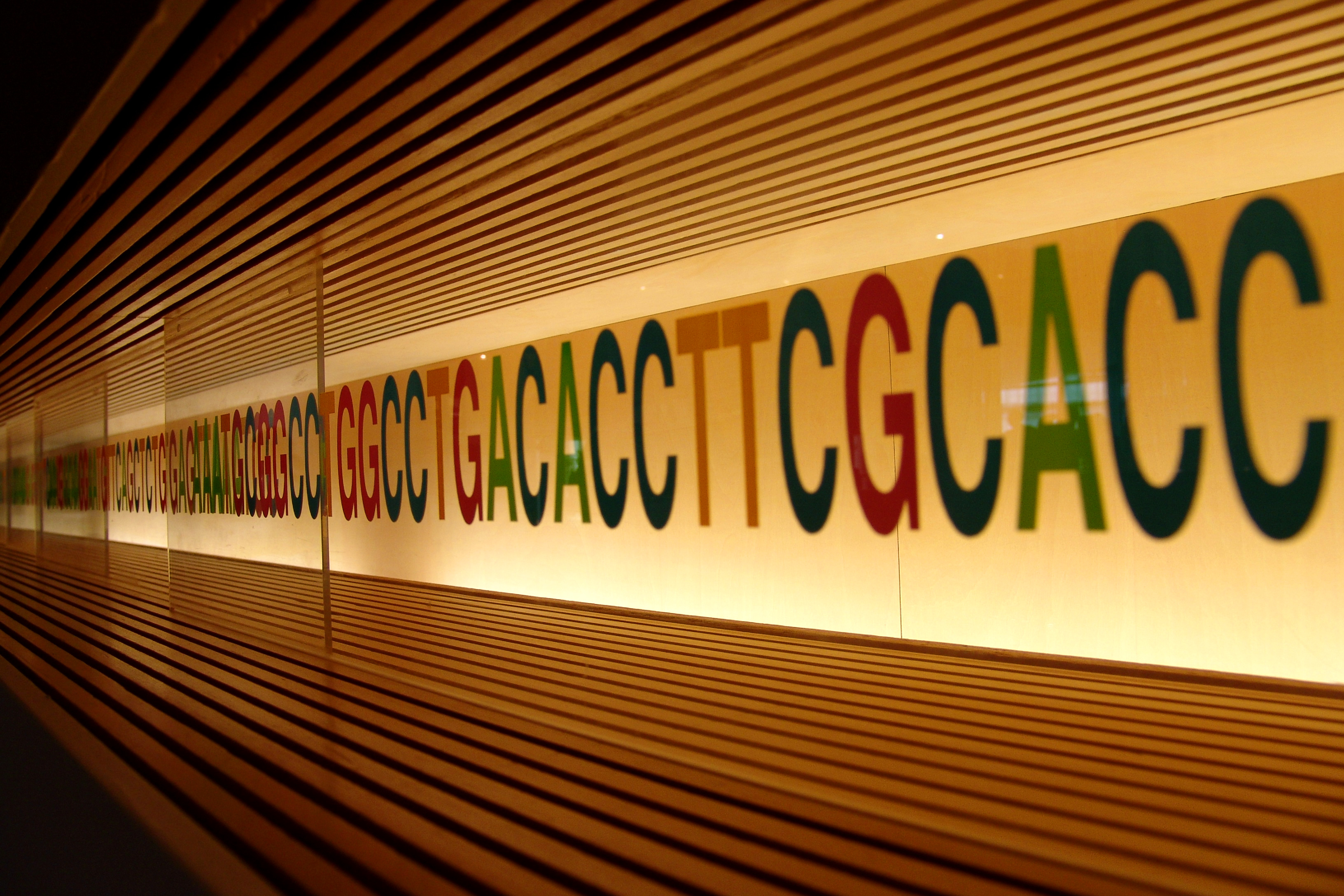While much of genetic research focuses on differences in our DNA sequences, the field of epigenetics concentrates on the variability in how those sequences are expressed, or converted into proteins which regulate our biological characteristics. This variability is mostly due to environmental factors, but certain epigenetic changes can be inherited as well.
Image Source: Agence Photographique BSIP
Previous studies have been conducted to determine the role that epigenetics plays in PTSD and other stress-related disorders. A psychiatric study from 1998 focused on Holocaust survivors and their children. The researchers found evidence that despite the fact that the survivors’ children did not experience similarly traumatic events, they had a higher prevalence of PTSD and other psychiatric disorders compared to a similar group of children whose parents had not experienced trauma. This suggested that children of trauma victims are more susceptible to developing PTSD and other psychiatric disorders.
More recently, scientists from the Icahn School of Medicine at Mount Sinai explored the biological basis for these changes. The gene FKBP5 has been shown to play a part in the inheritance of PTSD. They studied this gene in Holocaust survivors and their children and found that, when compared to a group of parents and children who had not experienced trauma, there were significant differences in gene expression of FKBP5. They determined this by measuring DNA methylation, an important mechanism that regulates gene expression. Increased DNA methylation corresponds to decreased gene expression. They found that for a certain site on FKBP5, DNA methylation was 10 percent higher in Holocaust survivors and 7.7 percent lower in the survivor’s children compared to the control groups.
The results from this study indicate that trauma experienced by parents does have a biological effect on their offspring. However, the difference in direction of methylation suggests that the children of trauma victims do not necessarily inherit a vulnerability to PTSD but may also inherit resistance to the disorder, which contradicts the earlier finding that children of trauma victims are more vulnerable to PTSD. While it is evident that trauma sustained by one generation does impact the next, it is not yet clear how that impact differs among individuals. The researchers recommend that further research be conducted so that epigenetic markers of trauma can be identified and used to develop preventative therapies for PTSD.
Feature Image Source: MIKIYoshihito










